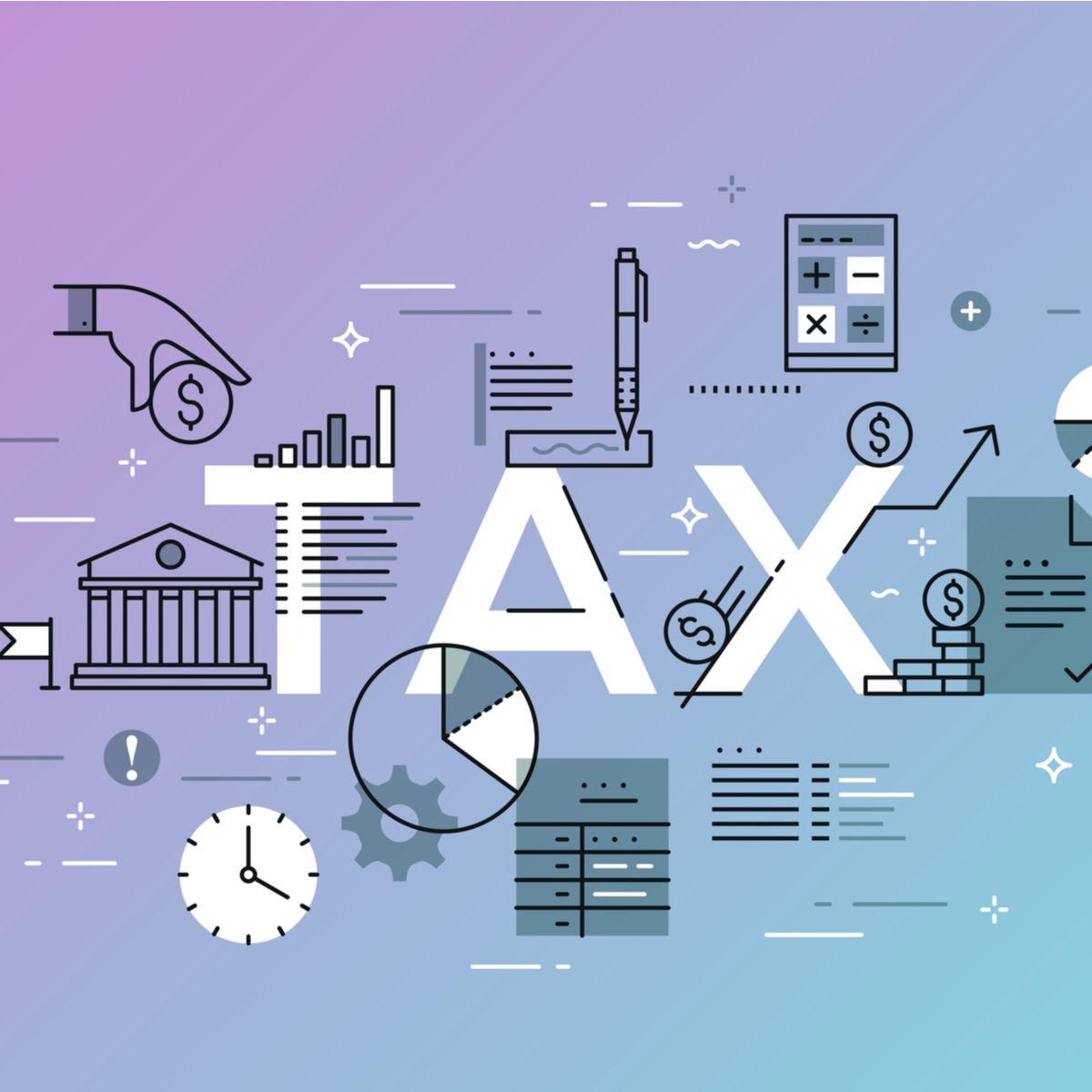
Tax News and Updates
By: P. Lewis Robinson, CPA
1. Due Date of 2020 Federal Income Tax Returns:
- The Treasury Department and Internal Revenue Service announced that the federal income tax filing due date for individuals for the 2020 tax year will be automatically extended from April 15, 2021 to May 17, 2021. The IRS will be providing formal guidance in the coming days.
- Individual taxpayers can also postpone federal income tax payments for the 2020 tax year due on April 15, 2021 to May 17, 2021 without penalties and interest, regardless of the amount owed. This postponement applies to individual taxpayers, including individuals who pay self-employment tax. Penalties, interest, and additions to tax will begin to accrue on any remaining unpaid balances as of May 17, 2021. Individual taxpayers will automatically avoid interest and penalties on the taxes paid by May 17, 2021.
- Individual taxpayers do not need to file any forms or call the IRS to qualify for this automatic federal tax filing and payment relief. Individual taxpayers who need additional time to file beyond the May 17 deadline can request a filing extension until October 15, 2021 by filing Form 4868 through their tax professional, tax software or using the Free File link on IRS.gov. Filing Form 4868 gives taxpayers until October 15, 2021 to file their 2020 tax return but does not grant an extension of time to pay taxes due. Taxpayers should pay their federal income tax due by May 17, 2021 to avoid interest and penalties.
- This relief does not apply to estimated tax payments that are due on April 15, 2021. These payments are still due on April 15. Taxes must be paid as taxpayers earn or receive income during the year, either through withholding or estimated tax payments. In general, estimated tax payments are made quarterly to the IRS by individuals whose income is not subject to income tax withholding, including self-employment income, interest, dividends, alimony or rental income. Most taxpayers automatically have taxes withheld from their paychecks and submitted to the IRS by their employer.
2. State tax returns:
- The federal tax filing deadline postponement to May 17, 2021 only applies to individual federal income returns and tax payments (including tax on self-employment income); it does not apply to state tax payments or deposits or payments of any other type of federal tax. State filing and payment deadlines vary and are not always the same as the federal filing deadline. The IRS urges taxpayers to check with their state tax agencies for those details.
3. Up to $10,200 of 2020 unemployment compensation per worker may be tax-free:
- Section 9042 of the American Rescue Plan includes another potential benefit for individuals who received unemployment compensation for all or part of 2020. More specifically, if a taxpayer’s AGI is less than $150,000, then up to $10,200 of unemployment compensation received in 2020 may be tax free.
- There are, however, a number of important nuances to consider with respect to this provision, including the following:
- It appears that the $150,000 AGI limit applies uniformly to all filing statuses.
- It appears that the $150,000 AGI limit is a true cliff threshold: the American Rescue Plan appears to indicate that a taxpayer with $149,999 of AGI can exclude up to $10,200 of unemployment compensation from their gross income; however, if that taxpayer earns just a single dollar more and has $150,000 of AGI, the full amount of the unemployment compensation received in 2020 will be taxable.
- It appears that, in the case of joint filers, each spouse can receive up to $10,200 of unemployment compensation tax-free, permitting up to $20,400 for the household (as long as the household remains below the $150,000 AGI limit).
- The $150,000 AGI limit includes all unemployment compensation. Under this provision, determining a taxpayer’s actual AGI involves a bit of a circular calculation. That’s because, in order to determine whether the taxpayer is eligible to exclude up to $10,200 of 2020 unemployment compensation, that compensation must first be included in an initial AGI calculation!
4. Extension and expansion of the above-the-line charitable deduction 2021:
- For 2021, there is a $300 above-the-line charitable deduction for single filers who do not itemize deductions.
- For 2021, this above-the-line deduction increased to $600 for married couples filing jointly who do not itemize tax deductions.
- As in 2020, this deduction applies only to qualified cash contributions and does not apply to cash contributions made to private foundations, donor advised funds or supporting organizations, or to split interest trusts like charitable remainder and lead trusts. It also does not apply to carry-over contributions.
5. Extension of the charitable contribution limitation:
- The temporary suspension of the 60 percent charitable contribution deduction limitation has been extended into 2021 for qualified cash contributions.
- In 2021, individual taxpayers who itemize tax deductions and who contribute cash to a public charity, or to a limited number of private foundations, may deduct up to 100 percent of their adjusted gross income after taking into account other contributions subject to charitable contribution limitations.
- Individual taxpayers can continue to carry forward any excess charitable contributions for five years, but the enhanced 100 percent deduction limitation expires after 2021.
To learn more about CapSouth, visit our website at www.capsouthwm.com
CapSouth Partners, Inc., dba CapSouth Wealth Management, is an independent registered Investment Advisory firm. CapSouth does not offer tax, accounting or legal advice. Consult your tax or legal advisors for all issues that may have tax or legal consequences.
Charitable Contribution, IRS, IRS Updates, State Tax Returns, Tax Extension, Tax Filing Deadline, Tax Updates, Taxes
